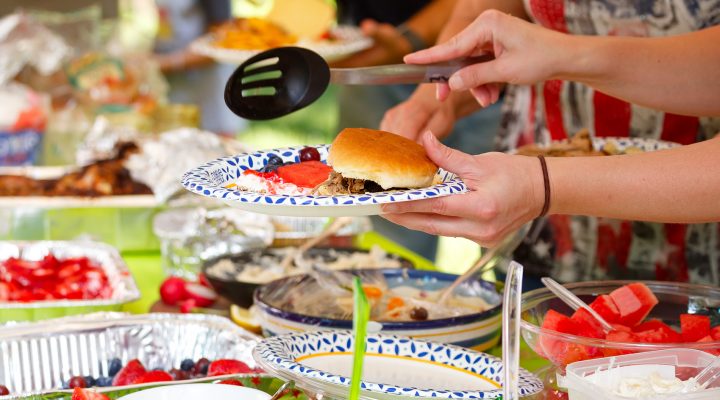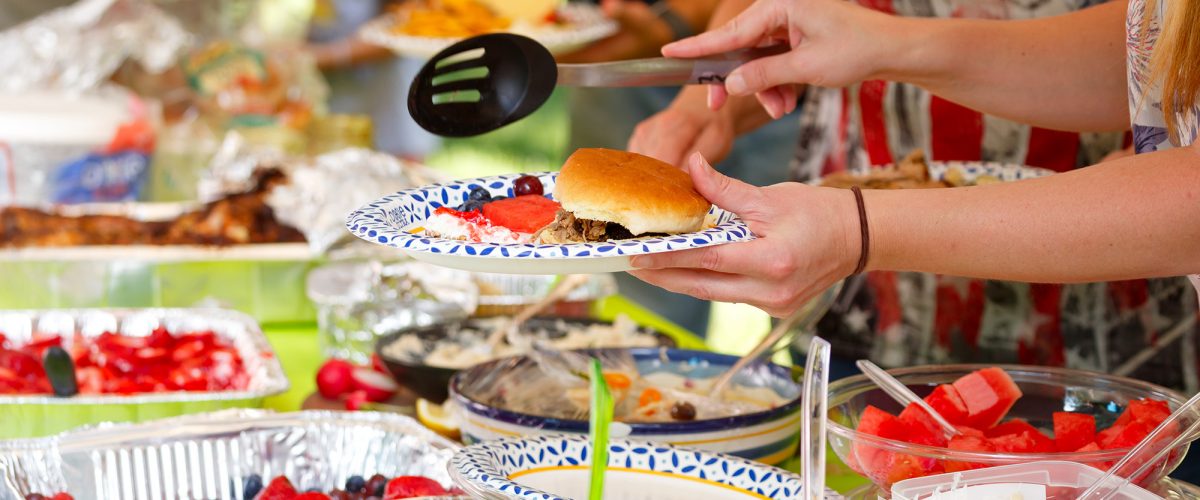Promoting diversity in American culture and democracy is like hosting a potluck gathering, author and interfaith activist Eboo Patel said.
“Maybe there’s something about a potluck that just brings out the best in pluralism,” Patel, founder and president of Interfaith America, said during an April episode of his “About Us” podcast.
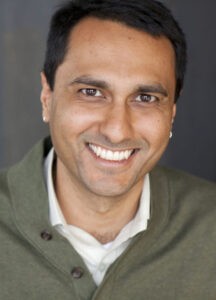
Eboo Patel
“Maybe this is what diversity work looks like: People bringing the dish they are proud of. People sharing the story from their tradition. People finding these creative combinations.”
The potluck comparison to diversity works because it implies an openness to the variety of dishes invitees may bring, he said. “Who wants a potluck where everybody brings a casserole or everybody brings biryani (an Indian casserole)? As much as I like biryani, it’s not a knock on your casserole. It’s a knock on homogeneity. You don’t want all the same thing at a potluck. It’s not interesting.”
Promoting inclusivity in U.S. democracy is also like a potluck in that organizers need to provide space for the foods participants bring to the occasion, he added. “The way you create the space, that’s what facilitates those conversations. That’s how the challah bread finds the Lebanese dip. That’s the new stuff that happens.”
Both settings require hosts to exhibit flexibility and acceptance toward participants with divergent tastes — such as when vegans arrive at a non-vegan potluck, Patel said.
“There’s a million ways a potluck could go wrong. It almost never does.”
“Be aware of that. Label your food. Maybe don’t put cheese on the salad. It’s going to be fine. Focus on what could go right. Most people want to get along with folks. Most people want to learn from each other. There’s no reason to lose sleep over this. There’s a million ways a potluck could go wrong. It almost never does. Focus on what could go right and maximize for it.”
These approaches also can be applied in the political sphere, he added. “You can nudge the nation toward more than it is, closer to what it might be. Not a melting pot. Not a battlefield. A potluck where everyone is invited, everyone is valued, everyone is a contributor, where our best dishes are made better by other people’s best dishes, where we become more fully ourselves in relationship to others and in service to an idea called interfaith America.”
Patel asked Buddhist, Christian, Hindu and Jewish panelists to share the contributions their religious traditions could make to a democracy-strengthening potluck.
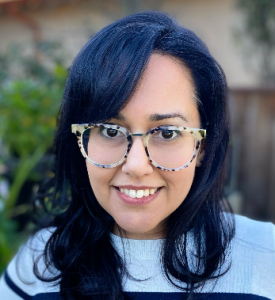
Nisha Anand
Hindu Nisha Anand said it would include the emphasis on family and the daily determination to contribute to the betterment of society.
“If I do it today, I can create the future tomorrow. There’s no other way to create the future but doing today what you want to see in the world,” said Anand, CEO of Dream Corps.
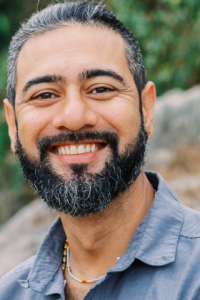
Sarwang Parikh
Liberation through unconditional love and kindness would be a Buddhist contribution to the potluck, said Sarwang Parikh, interim director of the Buddhist Peace Fellowship.
It is a form of compassion that exhibits a “friendliness that is toward all beings and all of life, irregardless, that you meet the stranger with friendliness just as you would meet your beloved friend.”
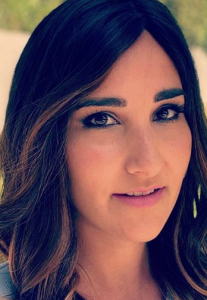
Allison Josephs
The willingness and courage to learn through trial and error is the contribution Judaism could make to pluralism, said Allison Josephs, founder and executive director of Jew in the City.
“We may often think that greatness comes about through not making mistakes, through perfection, through being born in a certain way that’s better than other people. But my tradition teaches that it is in the act of falling and … getting up and getting up and getting up again, building that muscle, that that’s how greatness can be achieved.”
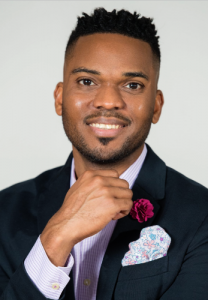
Ulysses Burley
Ulysses W. Burley III, founder of UBtheCURE, answered: “As a follower of Jesus Christ, the dish I bring to the potluck is justice because I believe Jesus and justice are the same things.”
Jesus’ Sermon on the Mount presents a vision of mercy, mourning and a yearning for peace that is applicable to those pressed to the margins in American culture and democracy, he said. “That’s a sermon about justice for people who have been prevented from experiencing justice and equity.”
The potluck concept is an apt one because one of the biggest fears participants often have is that they will duplicate a dish brought by someone else, Burley said. “The ways in which you avoid that is through diversity of dishes. The only way we can ensure diversity of dishes is through equity and justice, making sure everybody has an equal opportunity to be represented at the potluck.”

